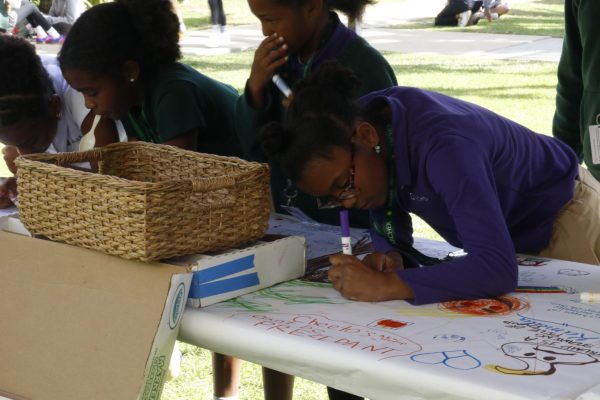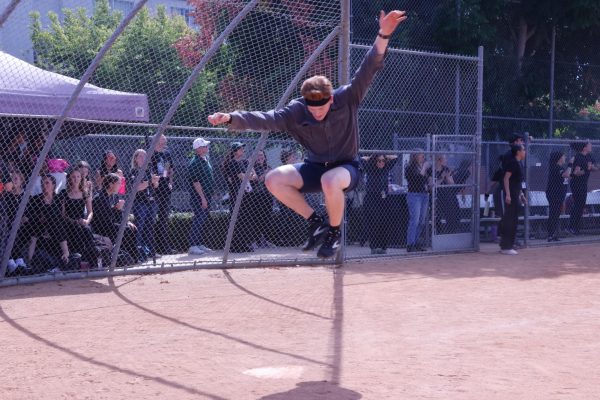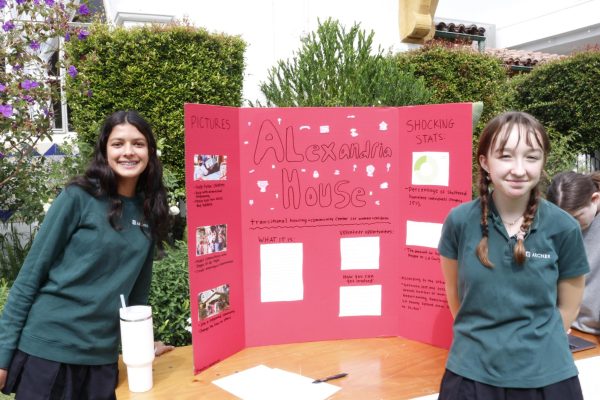Dr. Saba Soomekh visits Archer, inspires conversation
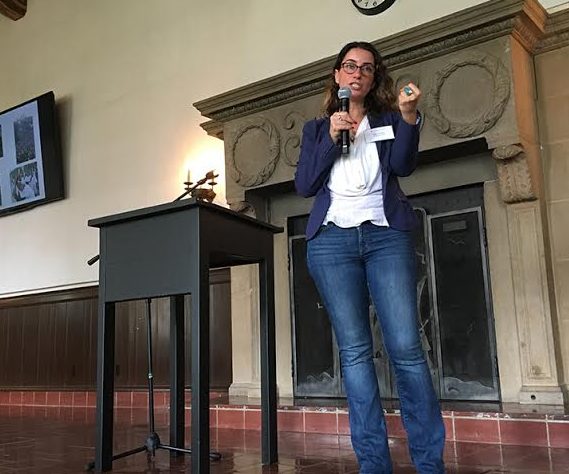
Photo credit: Anika Bhavnani
Dr. Saba Soomekh spoke at The Archer School for Girls on March 21. She talked about the history of Islam and its variations throughout the Middle East.
While talk of the Middle East fills our media, conversations, and political rhetoric, there are rarely classes about it in schools. Dr. Saba Soomekh, the Associate Director of Research at UCLA’s Leve Center for Jewish Studies, wants to change this and began by speaking to the Archer community this past week.
According to her website, Soomekh “teaches Religious Studies, Middle Eastern History and Women’s Studies courses. She received her BA in Religious Studies from the University of California, Berkeley, her Masters in Theological Studies from Harvard Divinity School and her Ph.D. in Religious Studies from the University of California, Santa Barbara.”
Archer was the first high school that Soomekh has ever spoken at.
“It was such an honor to be there. I didn’t feel like there was a big difference between speaking to college students and high school students; everyone was so attentive and really engaged. It was a really wonderful experience,” Soomekh said in a phone interview.
Soomekh condensed a large section of the history of the Middle East into an X-Block period on Tuesday, March 21. She spoke about the history of Islam, the divides within the religion and how the religion is used to justify violence throughout parts of the Saudi Arabia, Iran, Iraq and Syria. She also spoke about well-known terrorist groups, such as al-Quaeda and ISIS.
Kathleen Niles, a history teacher at Archer, said she found the lecture interesting and enjoyed learning more.
“It was like being in college again. You know, sitting and listening to somebody who is knowledgeable on a topic and having them offer their particular perspective and interpretation of that topic. I personally found it very enjoyable,” Niles said.
Soomekh’s scholarship is in the history of religion, and because of this, ended up learning a lot about the Middle East. She said she never actually took courses on the Middle East until she began teaching them.
“For every one book that a professor assigned his students, I was reading ten extra books to get more background,” Soomekh said. “You can’t study religion without studying history and politics of the regions where you are studying the religious communities.”
Soomekh expressed her desire to come back to Archer and speak more because of the vastness of the topic she was covering. She believes that there should definitely be more courses taught about the Middle East.
“I think it is one of the most important regions. If you turn on the news, everything that is going on in the world today somehow goes back to the Middle East. I think it is incredibly important,” Soomekh said. “When you are studying colonialism, you are looking at the Middle East. When you are looking at the Cold War, everything played out in the Middle East. If you look at everything going on in this [American] administration today, a lot of it has to do with the Middle East. Since the collapse of the Ottoman-Turkish Empire, the Middle East has been a huge part of global history. So I absolutely think it is so important for people understand.”
Niles also said that she wishes there were more classes on the Middle East and other underepresented regions taught at Archer and at schools in general.
“I think it would be great to have more discussion — not just of Middle Eastern history, although I think that is incredibly important, especially as we are sending young voters out into the world who need to make decisions about their political leaders on the basis of this stuff,” Niles said. “I think there is a lot of room for non-Western content and ideas in the department.”
The main takeaway Soomekh wanted students to get was an understanding of the differences between terrorists and Muslims.
She wanted Archer girls to leave with “an understanding of how global terrorism affects our world and how it really has nothing to do with religion, and more to do with geopolitics.”
“It was really important to me that [the girls] understood that [terrorism] isn’t a part of Islam, but that it is a part of people trying to spread their message, their version of Islam [and] their governments to other countries,” she said. “Religion is used as a means to justify the fighting or the desire for power.”
To make the most of Soomekh’s teachings, many history classes plan to continue in class with the discussion of the Middle East and Islam.
“I’m glad I was able to facilitate and encourage a conversation,” Soomekh said.
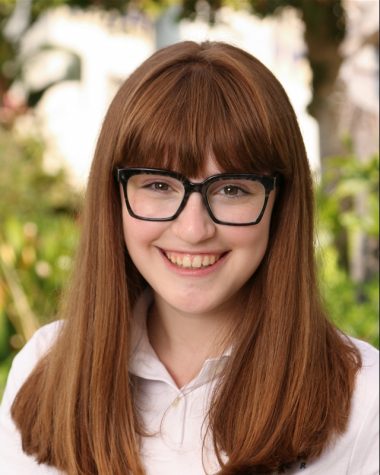
Maya Wernick joined the Oracle in 2016 and became Voices Editor in 2017. She is a member of Archer’s Student Council, Model United Nations Club and is...
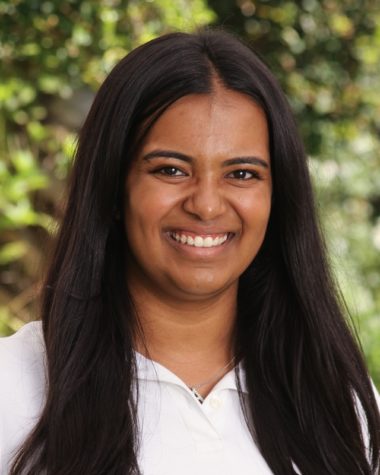
Anika Bhavnani became a member of the Oracle staff in 2015. She was promoted to co-Voices editor in 2016 and was promoted to editor-in-chief for the 2016-2017...



